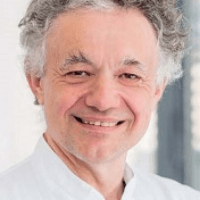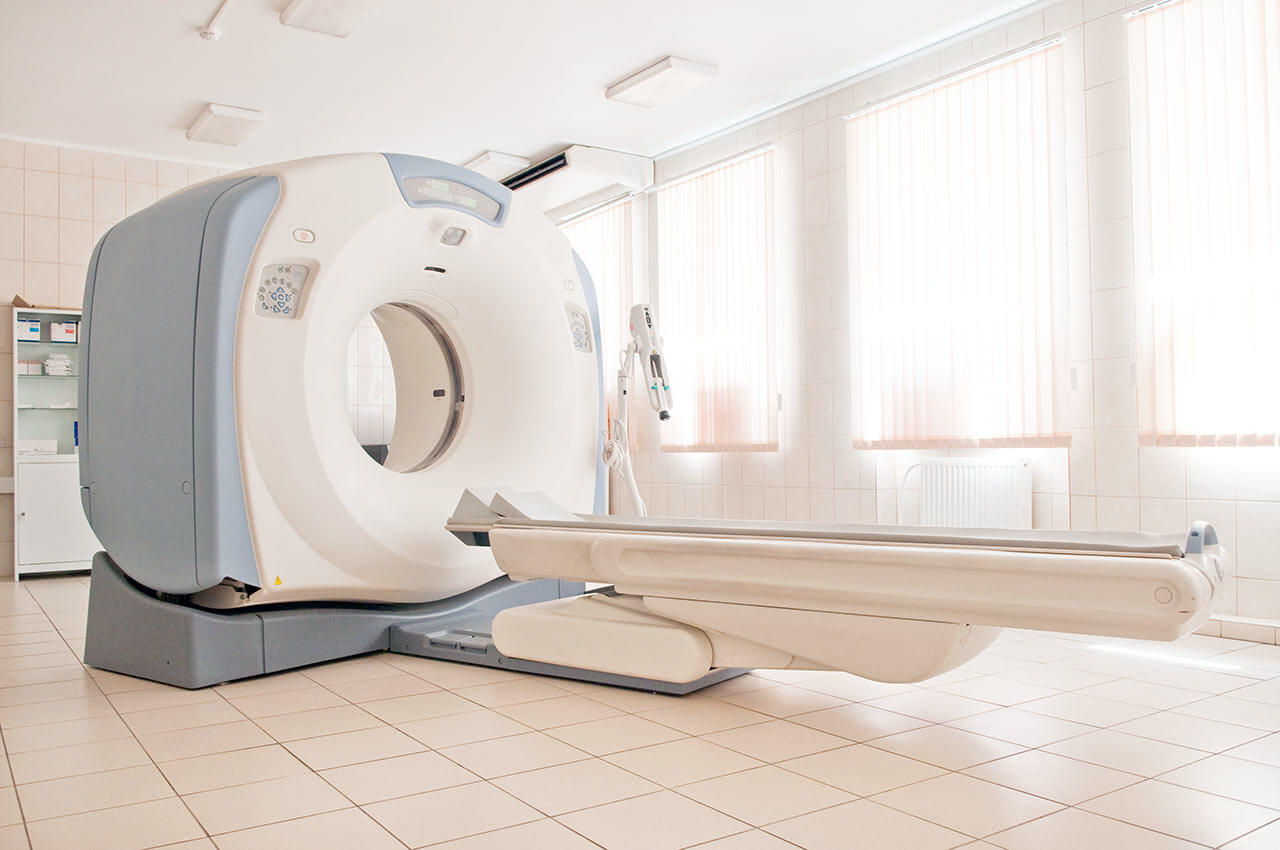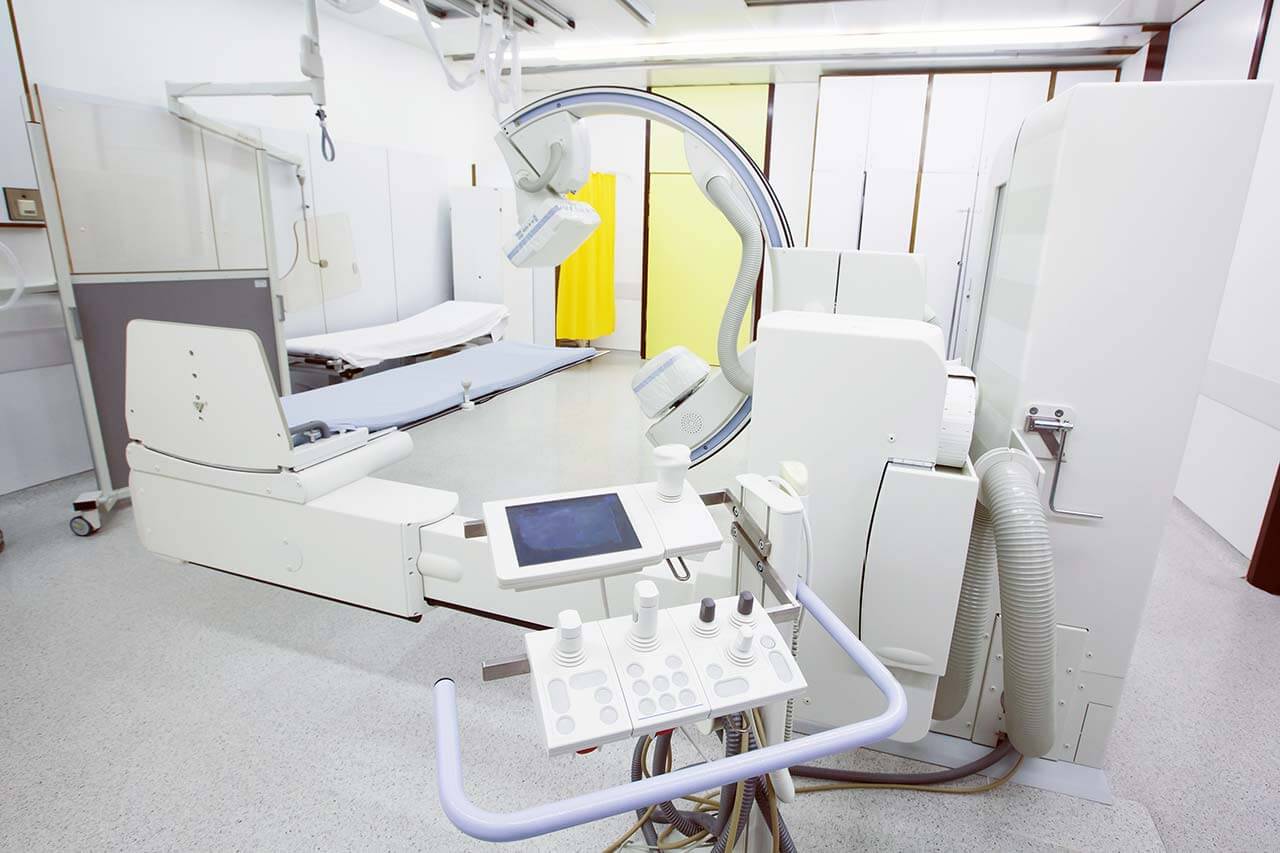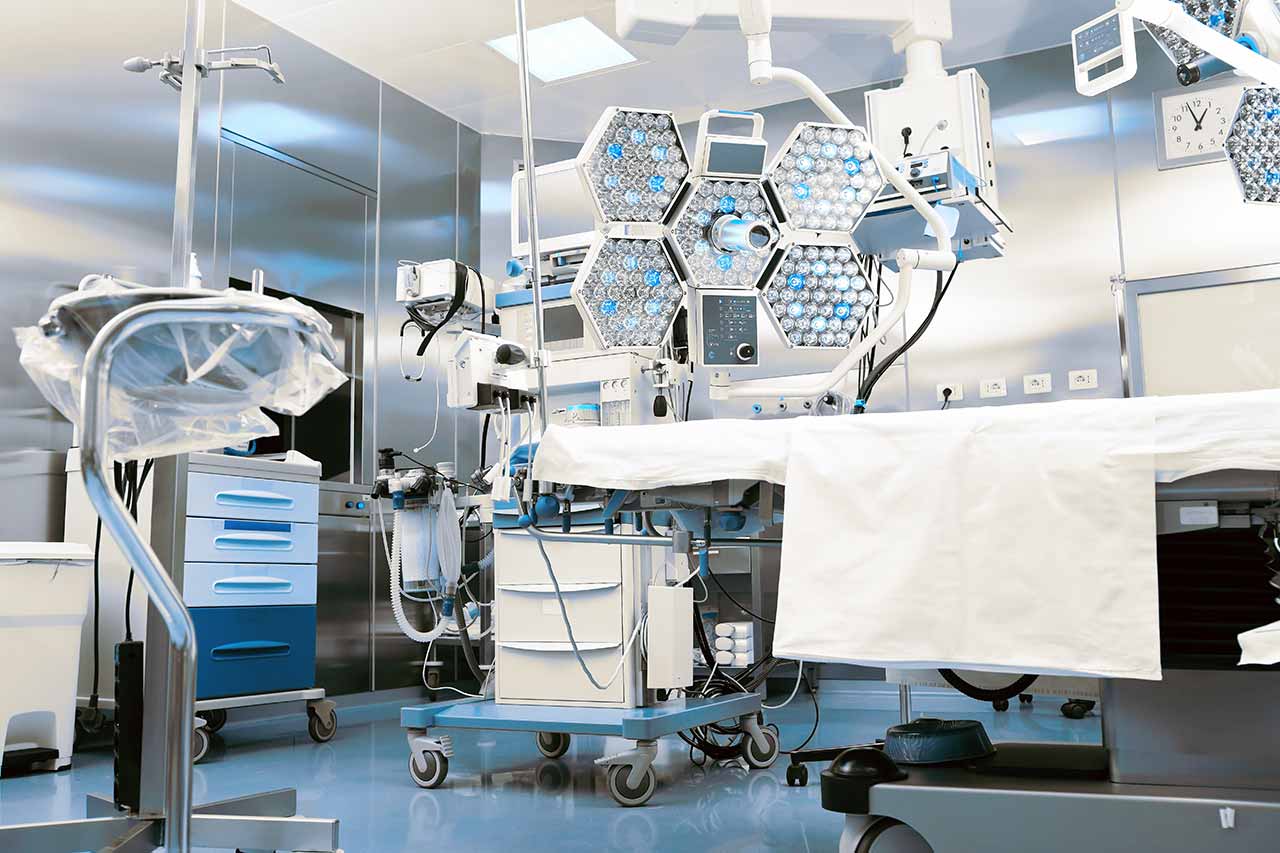
The program includes:
- Initial presentation in the clinic
- clinical history taking
- review of medical records
- physical examination
- laboratory tests:
- complete blood count
- biochemical analysis of blood
- thyroid function test (TSH-basal, fT3, fT4)
- mineral metabolism analysis (Na, K, Ca, Mg)
- lipid metabolism (HDL/LDL, cholesterol, triglycerides,
Lip(a), homocysteine) - iron content (ferritin, iron)
- blood coagulation analysis (aPTT, PT, INR)
- metabolic status (uric acid, total glucose, HbA1c)
- inflammatory parameters (CRP, ESR)
- cardiovascular disease risk markers
- vascular system assessment
- resting and exercise ECG
- vessel elasticity measurement
- color doppler echocardiography
- color doppler sonography of cerebral vessels
- measurement of arterial blood pressure electrocardiogram
- Holter monitoring (24h)
- nursing services
- treatment by chief physician and all leading experts
- explanation of individual treatment plan
- written statement
Required documents
- Medical records
- ECG (if available)
Service
You may also book:
 BookingHealth Price from:
BookingHealth Price from:
About the department
The Department of Cardiology, Angiology and Internal Intensive Care at the University Hospital Freiburg offers the full range of services in these medical fields. The medical team of the department has at its command the very latest methods of diagnostics and treatment of all cardiovascular diseases. In addition to general invasive and non-invasive methods of treatment of cardiac pathology, particular importance is attached to catheter techniques for managing patients with acute myocardial infarction and ischemic heart disease. Due to the unique clinical experience of the department’s doctors, patients are guaranteed optimal treatment results, as well as an individual approach to each clinical case. The department is headed by Prof. Dr. Dr. h.c Christoph Bode.
The service range of the department includes:
- Cardiac catheterization (for diagnosis and treatment of coronary artery diseases and heart valve disorders, as well as for heart function assessment)
- Invasive blood pressure measurement in the area of vascular stenosis (fractional flow reserve)
- Intravascular ultrasound examinations
- Intravascular optical coherence tomography (for detailed imaging of the vessel lumen through a small catheter)
- Coronary sinus reducer implantation
- Installation of all types of modern stents (including drug-coated stents, totally bioresorbable stents)
- Minimally invasive interventions for structural cardiovascular diseases
- Transcatheter aortic valve implantation (TAVI) for aortic valve diseases
- MitraClip technique in mitral insufficiency
- Minimally invasive mitral valve annuloplasty
- Mitral valvuloplasty
- Valve-in-Valve technique for degradation of previously installed bioprosthetic heart valves
- Treatment of tricuspid regurgitation
- Minimally invasive ventricular septal defect repair
- LAAC technique for the treatment of atrial fibrillation
- Renovascular ablation in high blood pressure
- Treatment of arrhythmias and heart failure
- Implantation of pacemakers in bradycardia
- Installation of implantable defibrillators in life-threatening clinical conditions (tachycardia, atrial fibrillation and ventricular fibrillation)
- Cardiac resynchronization therapy in heart failure
- Modulation of cardiac contractility
- Defi-West in dangerous tachycardias
- Electrophysiology
- Electrophysiological investigations
- Ablation
- Sclerotherapy of the pulmonary veins for the treatment of arrhythmias and atrial fibrillation
- Echocardiography
- Transthoracic echocardiography
- 3D echocardiography
- Stress echocardiography
- Transesophageal echocardiography
- Internal intensive care
- Use of Impella® and VA-ECMO support systems in acute and chronic heart failure
- Artificial lung ventilation (invasive and non-invasive techniques)
- Extracorporeal membrane oxygenation in severe pulmonary insufficiency
- Other diagnostic and therapeutic options
Curriculum vitae
- 1974 -1980 Study of Medicine in Cologne.
- 1980 American State Examination (ECFMG) and admission to medical practice.
- 1981 - 1982 Military service, Captain of the Medical Service, Andernach.
- 1981 Doctoral dissertation defense, under the supervision of Prof. Dr. Dr. W. Stoffel, University of Cologne.
- 1982 - 1983 Research Fellowship of the German Research Foundation, Institute of Physiological Chemistry at the University of Cologne (Prof. Dr. Dr. W. Stoffel).
- 1983 Assistant Physician of the Department of Cardiology, Pulmonology and Angiology at the University of Heidelberg (Prof. Dr. W. Kübler).
- 1984 - 1986 Research Fellowship, Massachusetts General Hospital (Cardiology) and Harvard Medical School, Boston (under the guidance of Prof. Dr. E. Haber).
- 1986 - 1992 Medical Assistant, Department of Cardiology, Angiology and Pulmonology at the University of Heidelberg (Prof. Dr. W. Kübler).
- 1991 Habilitation in Internal Medicine. Subject: "Clinical and experimental studies of special thrombolytic therapy in acute myocardial infarction", under the supervision of Prof. Dr. W. Kübler.
- 1992 Venia legendi (PD).
- 1992 - 1999 Senior Physician, Department of Cardiology, Angiology and Pulmonology at the University of Heidelberg (Prof. Dr. W. Kübler).
- 1998 Visiting Professor, University of Heidelberg.
- Since 1999 Full Professor and Head of the Chair of Cardiology and Angiology at the University of Freiburg.
- 2003 - 2011 Delegate (cardiovascular diseases), German Research Foundation.
- 2007 - 2015 Board Member of the of the Society of Thrombosis and Hemostasis Research.
- 2011 - 2015 President of the Society of Thrombosis and Hemostasis Research.
- 2008 - 2011 Advisor to the health authorities in the working group "Blood".
- 2008 - 2013 Task Force Member of the European Society of Cardiology.
- 2010 - 2012 Founder of the German Chapter of the American College of Cardiology.
- 2011 - 2013 Chairman of the Program Committee and Board Member of the German Society of Cardiology.
- Since 2012 Full Professor and Head of the Chair of Cardiology and Angiology at the University of Freiburg, Head of the Department of Cardiology, Angiology and Internal Intensive Care at the University Hospital Freiburg.
- 2013 - 2015 President of the Assembly of International Governors (AIG), American College of Cardiology.
- 2015 Honorary Doctor of the Maikop State Technical University.
- 2010 - 2016 European Publisher of the journal "Circulation".
Awards
- 1986 Boehringer Mannheim Award for "outstanding applied basic research."
- 1989 Heilmeyer Award of the German Society for Innovations in Internal Medicine.
- 1992 Alexander Schmidt Award, Society of Thrombosis and Hemostasis Research.
- 1994 Frerichs Award of the German Society of Internal Medicine.
- 2004 Franz Loogen Award, Society of Cardiology, Essen.
- 2013 Honorary Badge of the German Society of Cardiology.
- 2015 Presidential Award of ACC.
- 2016 Paul Morawitz Prize of the German Society of Cardiology.
Reviewer and/or Editorial Board Member of the Journals
- Circulation.
- European Heart Journal (elite reviewer).
- Lancet.
- American Heart Journal.
- American Journal of Cardiology.
- Cardiovascular Research.
- Thrombosis & Haemostasis.
- Clinical Research in Cardiology.
- International Journal of Cardiology.
- Basic Research in Cardiology.
- Intensivmedizin up2date.
- Nature Reviews Cardiology.
- Journal of Thrombosis and Thrombolysis.
- Critical Pathways in Cardiology.
- Heart.
- Eurointervention.
Photo of the doctor: (с) Universitätsklinikum Freiburg
About hospital
The University Hospital Freiburg is famous for its rich history and is one of the oldest and most prestigious medical facilities in Germany (one of the three best medical institutions in the country). The hospital was based on the Faculty of Medicine of the Albert Ludwig University of Freiburg, which celebrated its 550th anniversary in 2007. It should be noted that the hospital is proud of its world-renowned specialists, many of whom during their work here have become Nobel laureates.
The medical facility represents all fields of modern medicine. It consists of 42 departments, 11 institutes and 10 interdisciplinary centers. The highly qualified doctors of the hospital deal with the treatment and rehabilitation of patients with both common and rare diseases. All departments and institutes of the hospital take an active part in fundamental researches of international scale, due to which patients have access to the very latest achievements of medicine, advanced diagnostic methods, state-of-the-art medical equipment and proven effective methods of therapy.
The hospital has a variety of medical achievements, for example, the world's first TIPS procedure, the first implantation of the Jarvik-2000 artificial heart in Europe, the first robotic-assisted surgery on the brain, and the first combined cardiopulmonary transplantation in the land of Baden-Württemberg. In 2004, the University Hospital Freiburg became the first German hospital, which performed kidney transplantation in the incompatibility of blood groups. At the moment, the hospital belongs to medical centers with the greatest experience in performing such an operation.
An interdisciplinary approach to treatment, highly qualified staff, as well as individual patient care and a pleasant environment are key to the hospital’s success.
Photo: (c) depositphotos
Accommodation in hospital
Patients rooms
The patients of the hospital are provided with comfortable rooms with a pleasant design, which create a conducive atmosphere for recovery. The standard furnishing of the patient room includes a telephone, a free radio and TV, a device for calling medical staff, lockers and a safe, an adjustable bed, a chair and a table. The pediatric departments are designed with play areas. The patient may be accommodated in a single or double enhanced-comfort room (for example, with an ensuite bathroom) at an additional cost.
Meals and Menus
The patients are offered good three meals a day with a large selection of dishes. The patients inform about their wishes to the menu in advance, and this information is transmitted to the kitchen. Throughout the day, patients may drink mineral water and tea, which can be found in the department on special tables. The bedridden patients receive drinks from the nursing staff. Other drinks may be purchased at the hospital’s cafeterias and bistro, where patients can come along with visitors.
If you do not eat some products due to intolerance or other personal reasons, please notify the nursing staff in advance, so that all your wishes to be taken into account when preparing the menu.
Further details
Standard rooms include:
Television
All patient rooms have a free radio and TV. The patients can also watch the hospital’s own 24-hour channel with a varied program and interesting information.
Accompanying person
At the availability of free beds, the accompanying person may be accommodated in the same room with the patient, at an additional cost. In addition, the hospital offers special accommodation conditions for patients requiring long-term hospitalization. Parents have at their disposal special apartments in the children's hospital.





